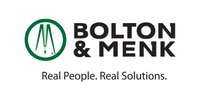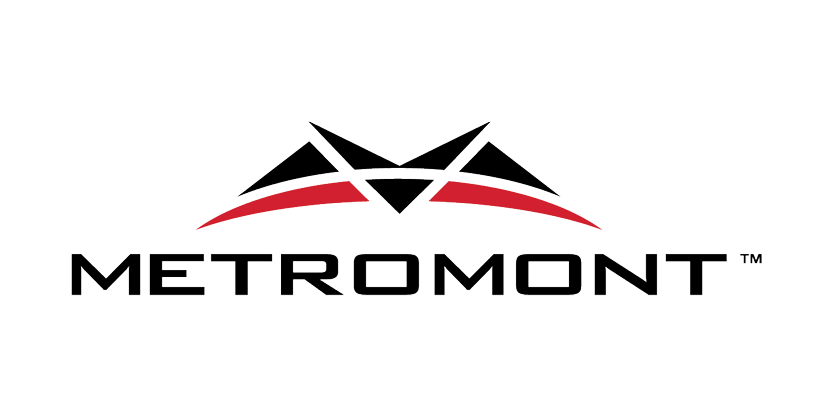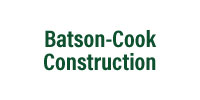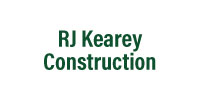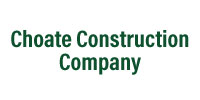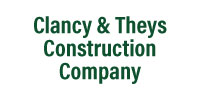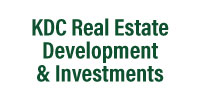Posted on September 14, 2018
Earlier this week, the Board of Directors for the Charlotte Regional Partnership and the Executive Committee of the Charlotte Chamber voted unanimously to authorize their CEOs and staff to engage in the steps necessary to formally combine the organizations. The Boards of both organizations are expected later this year to act on a formal recommendation from their respective Executive Committees to finalize the combination. It is anticipated that should the Boards vote to ratify the recommendation, the new enterprise will begin operations on January 1, 2019. We are providing the media this afternoon with a limited joint statement, but we believe it is important for you to hear this news from us first.
The decision to combine the two organizations is rooted in a belief that the vision and mission of the two organizations naturally align with one another and combining the two will sustain and enhance the economic growth, prosperity and global competitiveness of the Charlotte region. As part of an integration effort, the mission statements of each organization will be reviewed with an intent to build on their respective foundations to determine the mission and vision of the new organization.
The intent of the combined enterprise will be to build on the experience and passion of both organizations to galvanize the 16-county Charlotte region through a shared vision and coordinated efforts. The business leaders in our community are committed to building the best enterprise in the country in order to drive long-term growth and a vibrant economy. A unified enterprise provides a clear path and single development team for site selectors and business leaders and owners who are considering a corporate re-location or business expansion.
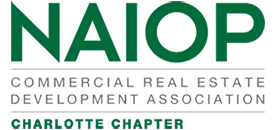






 REBIC’s annual BBQ & Candidate Meet & Greet is fast approaching on September 27, 2018! Make sure to get your tickets early! This annual bi-partisan Political Pig Pickin’ brings state and local candidates together with hundreds of members of the Charlotte real estate, homebuilders and development industries for an afternoon of food and fun!
REBIC’s annual BBQ & Candidate Meet & Greet is fast approaching on September 27, 2018! Make sure to get your tickets early! This annual bi-partisan Political Pig Pickin’ brings state and local candidates together with hundreds of members of the Charlotte real estate, homebuilders and development industries for an afternoon of food and fun!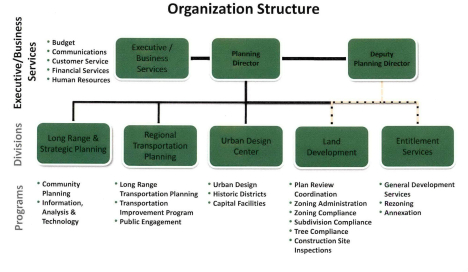

 Though the real estate industry has seen a development rebound over the past decade, rising construction costs are weighing down the buoyant market. The persistent
Though the real estate industry has seen a development rebound over the past decade, rising construction costs are weighing down the buoyant market. The persistent  The North Carolina General Assembly approved last week's legislation that would make substantive reforms to local building permitting and inspection processes both Mecklenburg County and statewide.
The North Carolina General Assembly approved last week's legislation that would make substantive reforms to local building permitting and inspection processes both Mecklenburg County and statewide.

